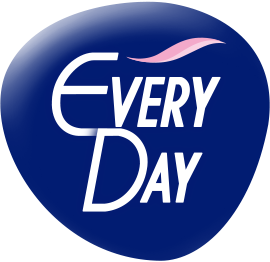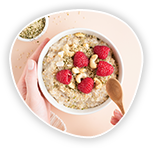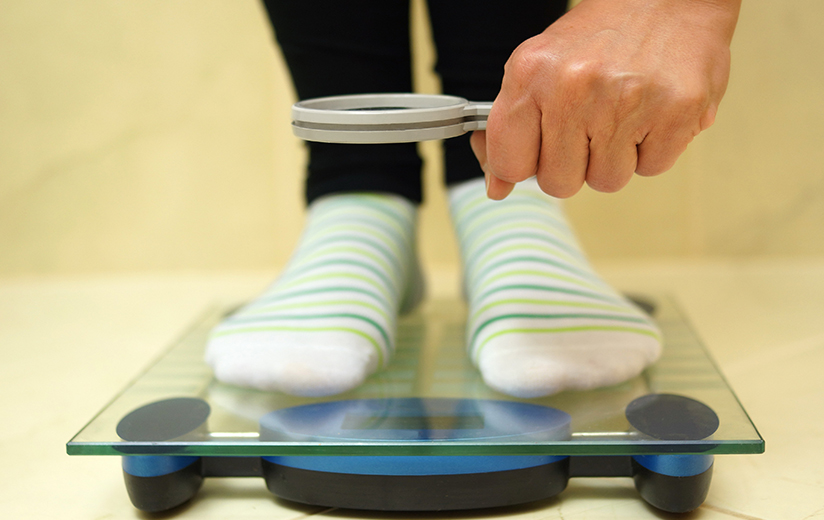Vitamins, minerals and trace elements
Vitamins, minerals and trace elements
Maria Skoura
In puberty, the more you learn about your diet, the better chance you have to follow a balanced diet for a healthy life. Details make the difference! For example, while growing up you often hear the quote: “eat a lot of fruit and vegetables that are rich in vitamins”. What are vitamins and why do we need to eat fruit and vegetables daily?
Vitamins, minerals and trace elements are essential nutrients our body needs in small amounts in order to work properly. They do not give energy to your body, since they have no calories, but help your body use the energy it takes from carbohydrates, proteins and fat. They help your metabolism. You can get them all by following a balanced diet.
What are the types of vitamins?
Vitamins fall into two categories: fat-soluble and water-soluble.
The fat-soluble vitamins are found mainly in fatty foods and animal products, such as vegetable oils, milk and dairy foods, eggs, liver, oily fish and butter.
While your body needs these vitamins every day to work properly, you don’t need to eat foods containing them daily.
This is because your body stores these vitamins in your liver and fatty tissues for future use.
Fat-soluble vitamins are:
• vitamin A
• vitamin D
• vitamin E
• vitamin K
Water-soluble vitamins are found in a wide range of foods, including fruit, vegetables, potatoes, grains, milk and dairy foods.
Unlike fat-soluble vitamins, they are not stored in the body, so you need to have them more frequently. If you have more than you need, your body gets rid of the extra vitamins when you urinate. Water-soluble vitamins can be destroyed by heat or by being exposed to the air. For example, a freshly squeezed orange juice should be immediately consumed, to get the necessary amount of vitamin C.
Water-soluble vitamins are:
• Vitamin C
• Vitamin B complex:
Vitamin B1
Vitamin B2
Vitamin B3
Vitamin B5
Vitamin B6
Vitamin B7
Vitamin B9
Vitamin B12
What are minerals:
Minerals are necessary for three main reasons:
• building strong bones and teeth
• controlling body fluids inside and outside cells
• turning the food you eat into energy
Minerals are found in foods such as meat, cereals, fish, milk and dairy foods, vegetables, fruit (especially dried fruit) and nuts. Essential minerals include calcium and iron, although there are also many other types of minerals that are an important part of a healthy diet.
What are trace elements?
Trace elements are also essential nutrients that your body needs in order to work properly, but in much smaller amounts than vitamins and minerals. Trace elements are found in small amounts in a variety of foods such as meat, fish, cereals, milk and dairy foods, vegetables and nuts. Examples of trace elements are iodine and fluorine.
Maria SkouraNutritionist, Scientific Associate of the Greek Society of Adolescent Medicine















